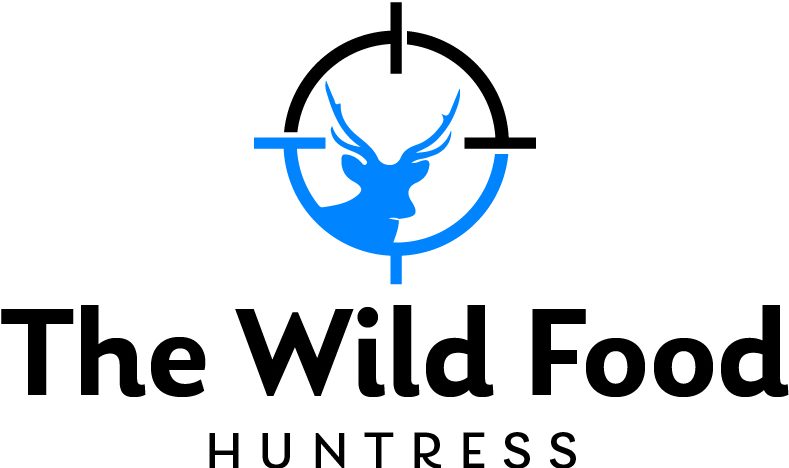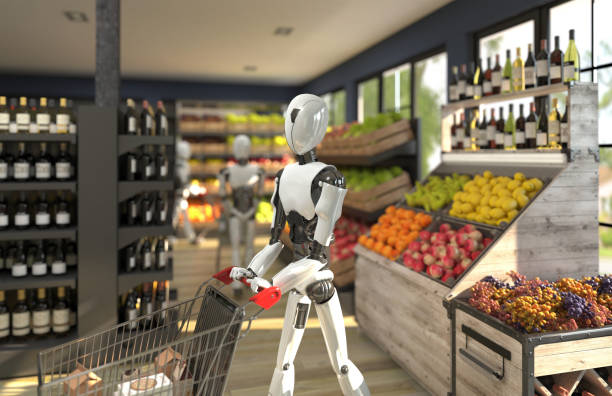Mike Lee founded The Future Market, a veteran of the food industry who worked previously in product development for Chobani. He wanted to investigate how society would produce and purchase food over 25 years. The Future Market offers futurist dining experiences, brand workshops, and conceptual grocery products.
Lee of JWT Intelligence said that the packaging illustrations were meant to give them a more realistic feel. “That way people can evaluate them as if it were an actual product that they would like to buy, instead of just thinking about the abstract.”
Other products are more affordable. The Puree ($2.79), a soup that is made with waste products such as vegetable trimmings, is a soup created from waste. JWT Intelligence recognizes Alga Marina, a pasta made of seaweed, as a future eco-friendly superfood. Crop Crisps ($7.99), which are packaged like Wheat Thins but rotate crops to refresh soil, use polyculture farming. Each year, a new grain is used for the crackers.
The Fancy Food Show is the first to include an interactive, experimental look at the future food. It’s also the first time The Future Market has set up a concept grocery store. The Future Market was able to access some of the largest names in food distribution and manufacturing by staging a concept store in the middle of an exhibition.
Lee says, “I wanted people to steal and implement these ideas.” I wanted everyone to say, ‘That is a great idea, and we have the resources to make it happen.’ I will go back and do that. I was delighted when retailers and manufacturers snapped photos of the concept product and said, “I am taking this back to our team.”
Lee says that part of what they do is to not only follow the current trend but also create what they think should be.“A lot of our themes revolve around sustainability on a large scale. Blue Hill or Stone Barns is one of the best and most sustainable ways to grow food. It’s not scaleable to the rest of the world. We are asking,” How do you bring that lofty ideal into Kraft or General Mills?” How can you make these big ideas accessible to everyone?”
Consumer awareness about sustainability will increase as the pressure on the food industry increases. The millennial generation is leading the way in a move towards sustainable and organic products. According to Mintel’s 2017 Protein Report, 36% of millennials embrace meat alternatives compared to just 14% of boomers. The Future Market provides some creative solutions to these challenges.


